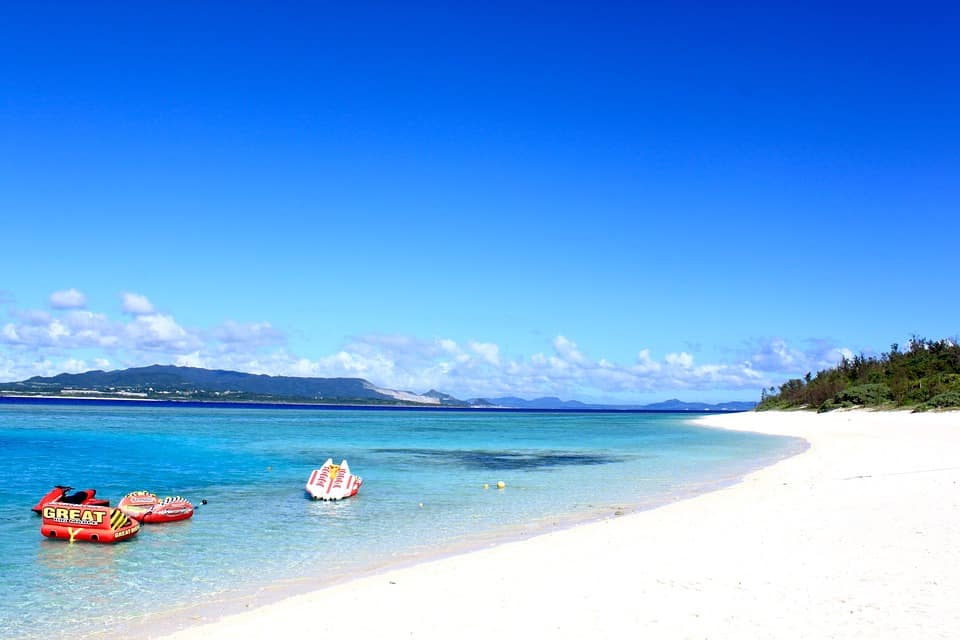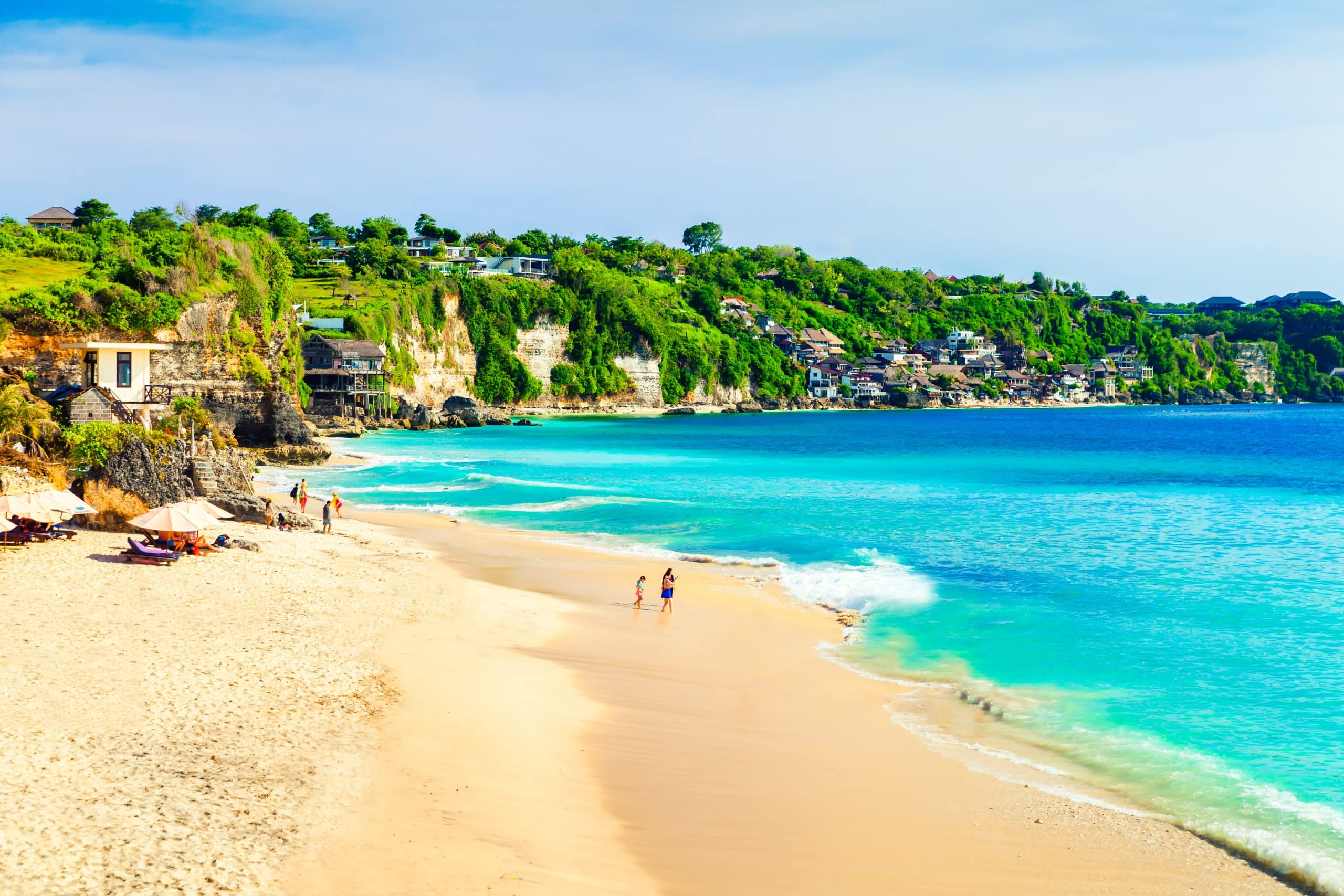15 things to know before traveling to Japan in 2022

There is certainly a lot to know when traveling to a new country, especially one as unique, geographically diverse and culturally complex as Japan.
From visas to climate and accommodation, from food to etiquette, keep these top 10 tips in mind before traveling to Japan, the Land of the Rising Sun.
Japan has finally fully reopened its borders, but still requires Covid-related entry documents
As of October 11Japan has lifted all restrictions and tourists have finally started runoff to the country. Japan now allows all visitors, but remains to demand Covid vaccine or testing. Proof of triple vaccination or PCR test must be presented before departure.
You probably don’t need a visa to travel to Japan
Source: Wikipedia (until April 10, 2020)68 countries and territories from around the world have an agreement with the Japanese government that allows their citizens to travel Japan without a visa for a certain period of time.
Holders of EU or US passports can enter the country for tourist or business purposes for up to 90 days. Citizens of Great Britain and some European countries, including Germany, can visit Japan for up to 6 months.
The only requirements are: the traveler must have a return ticket and a valid passport of the relevant visa-free country. Passports must be valid for the duration of the stay.
Japan has different regions and seasons

Depending on the season and region, the weather in Japan can vary quite significantly from sub-arctic in the north to sub-tropical in the south. Therefore, tourists are advised to plan and pack accordingly.
Northern Japan, including the Hokkaido region, experiences warm summers and very cold winters with heavy snowfall. When visiting the eastern or western parts of the country, you can expect hot and humid summers, but cold and mild winters, respectively. Specifically, in Tokyo, the climate ranges from 2°C in winter to 31°C in summer. For central Japan, it is possible to collect according to the season, unless visiting high-altitude areas such as Mount Fuji, where the average temperature at the summit is about -7°C. When visiting the southern subtropical islands of Japan, such as Okinawa, you can expect hot and humid summers and mild winters.
Also consider events you want to attend or attractions you want to see. For example, to see the famous cherry blossoms in Japan, you need to come in spring, which can start as early as January in the south and May in the north.
Is Japan a safe country?

Japan is often referred to as one of the safest countries in the world, making it an ideal destination for individual travelers. In addition to a relatively low level of poverty and a somewhat ethnically homogeneous society, Japanese culture has little tolerance for drug use, alcohol abuse, public indecency, and crime in general.
Even among the poorest citizens there is a culture of honor and respect, especially with regard to tourists and their perception of the country.
In addition to this, ATMs and night shops are located in secure areas, firearms are not available, and emphasis is placed on maintaining a security presence in high traffic areas. Japan’s zoning laws, strategically placed koban (small police stations) and patrols and/or officers in areas such as parking lots provide a sense of security.
Get ready to carry cash
In addition to the perception of security in Japan, most citizens choose cash over other payment methods. Most workers are paid in cash, and many businesses and services, including restaurants and shops, only accept cash.
Hotels and major department stores usually accept debit and credit cards, but it’s important to check before attempting to make a purchase. Therefore, tourists will want to make sure their wallets are filled with yen to avoid any awkward situations.
However, the good news is that it’s easy to withdraw cash from the country’s many ATMs, especially those located at strategically located 7-Eleven’s, where cards are always accepted 24 hours a day.
Be in “Metro Know”

Public transportation in Japan is very good and relatively cheap if you’re on the Metro know. Buying a Pail Pass it’s great value for money, especially if you want to travel a lot in and between certain regions.
Tourists can choose an unlimited pass for a specific region or country, which gives you full access to bullet train known as Shinkansen, commuter trains, buses and ferries. The price of this ticket is often similar to the cost of 2-3 separate train tickets, so it is worth it. Japanese trains are known to be always on time, very fast and very comfortable.
That being said, the metro does not operate 24/7, with the last trains departing anytime between 11.30pm and 1am. So you can expect a mad dash for the last train or face a hefty fee for the country’s expensive taxi services. It’s also worth noting that the metro can get very busy and congested, especially during rush hour and/or the last train of the day.
People are extremely polite
You can find yourself in very funny situations when you ask for directions! People try to help as much as possible but keep apologizing for their English. They can look very tense when talking to you, but are always very polite.
Japan has some amazing remote islands

Yes! You might not expect this from Japan, but it has beautiful white sand beaches and tropical islands. The most famous and the most populous you see in the picture above is Okinawa.
You have no idea what it’s like when tropical island life meets Japanese culture. It’s definitely worth checking out! You can catch many domestic flights to the Japanese islands.
Some of the most beautiful islands:
- Miyakojima
- Taketomi
- Iriomote
- Tokashiki
- Check out the full list here
You should definitely consider this option before traveling to Japan and include a return ticket to at least one of these remote islands in your travel itinerary.
Housing is not as expensive as you think
While living in Japan isn’t necessarily cheap, it’s certainly not as expensive as you might think.
Of course, this depends on the region you are in and the level of accommodation you are looking for. On a bed in a dormitory Kyoto hostels or Hostels in Tokyoyou can expect to pay around ¥3,500 (€28) and a modest hotel room in Tokyo around ¥10,000 (€80) per night.
If you’re on a budget and just looking for a place to “lay your head,” a capsule hotel can be a viable option. Prices range from ¥1,500 to ¥2,000 (€12) per night in a major city. This type of accommodation, which is becoming increasingly popular, is surprisingly comfortable, with all the necessary amenities. Traditional Japanese inns, known as Ryokan, tend to be expensive, ranging from ¥10,000 to ¥20,000 (€120) per night.
However, many include meals and access to on-site services, such as the hot springs in the Takaragawa Onsen area. If money is not an issue, rooms in top-class hotels in Tokyo can cost up to ¥50,000 (€400) per night.
Prepare for earthquakes / no need to panic

There are about 1,500 earthquakes in Japan every year! Most of them are not strong, plus the architecture in Japan is quite developed and prepared for earthquakes, so no need to worry about it.
Tattoos can be a problem
Tattoos are still taboo in Japan. They are the exception, but in some traditional places you may not be allowed to enter, such as public baths, hot springs, etc. Make sure you bring something to help you cover up your tattoos.
It’s not just sushi, they have more good stuff!

Although sushi is the most famous type of Japanese cuisine, it is certainly not the only one. In fact, Japan boasts a wide variety of delicious traditional dishes.
Some of the most iconic include ramen – noodles, vegetables and/or egg white boiled in a rich broth – and Japanese steamed buns – usually with pork, beef or a sweet filling in a soft pastry. Other delicacies include; Tempura, Kobe beef, Yakisoba and Japanese curry; to the lesser known, Okonomiyaki (pancakes with noodles, eggs and other toppings), Kakigori (frozen fruits covered with condensed milk ice) and many others.
That being said, sushi in Japan is still not to be missed. To become an Itamae, sushi chefs must complete years of training and internships. Pure craftsmanship, high-quality ingredients and the authenticity of a traditional dish (very different from its Western counterpart) make sushi in Japan a truly unique experience.
No need to tip
Speaking of eating out, it is worth noting that it is not customary to tip waiters in Japan. In fact, service staff in general, such as bartenders and hotel cleaners, make a decent living wage and may even resent customers who leave tips.
You won’t always find an English translation

While larger cities such as Tokyo provide broad guidelines for English speakers (or those who speak other widely spoken languages), if you venture further afield, English translation and/or signage may not be available.
In fact, due to the fact that it is a very complex language with unique, regional and even social colloquialisms, many Japanese terms may not necessarily have English equivalents. For example, the phrase “yoroshiku onegai shimasu” is used to express an intangible but real hope for good things to come, for which there is no such phrase or translation in English.
Subtleties of etiquette
Japanese culture has a very complex social structure with a distinct set of rules related to etiquette and manners. Although there are actually too many to mention, there are a few that are of particular importance to tourists.
There are places where it is very offensive to keep your shoes on, such as when you enter someone’s house, most restaurants, hotels and locker rooms. It is also considered bad manners to talk loudly in public, to point at people or objects, and to use bold hand gestures and body language in public. In general, the Japanese are very aware of their surroundings and the people they share their space with, so respect is always highly valued by keeping calm, keeping conversations to a minimum and being as quiet as possible.
Moreover, social interactions are governed by strict rules and hierarchies, so knowing when to talk, who to talk to, and what to say is a sign of respect for the person in particular and the culture in general.
Have a great trip to Japan and don’t forget to take lots of pictures of your unforgettable journey along the way!
If you have any feedback, suggestions or ideas about interesting things to know before traveling to Japan that you think we should include in this article, feel free to comment below.
https://www.travelinglifestyle.net/things-know-before-travel-japan/ 15 things to know before traveling to Japan in 2022



